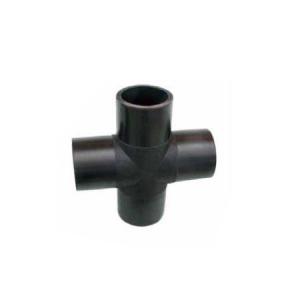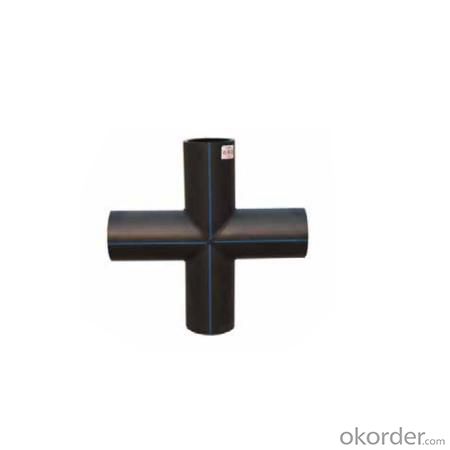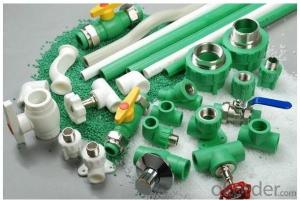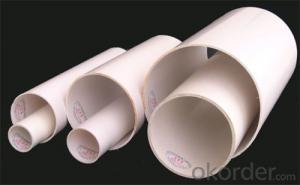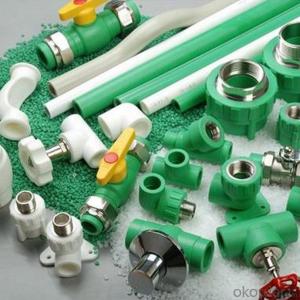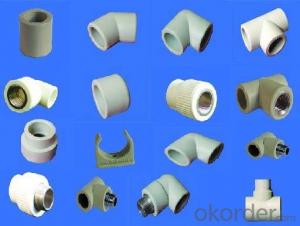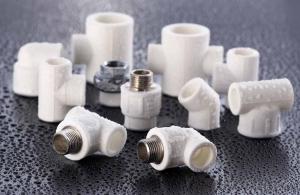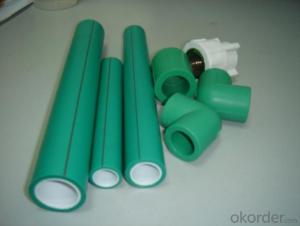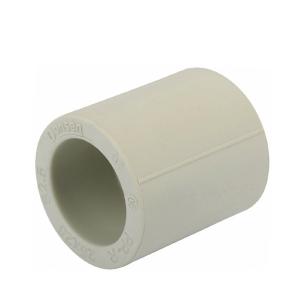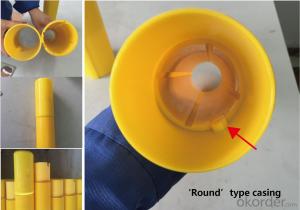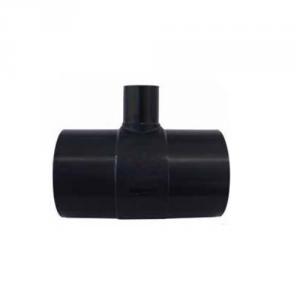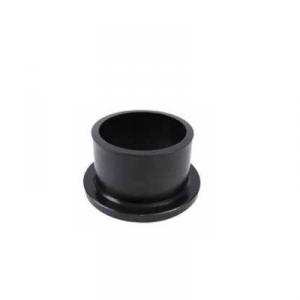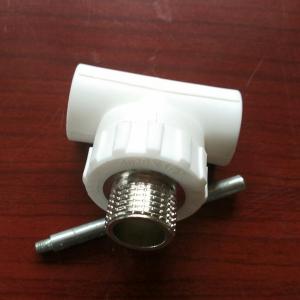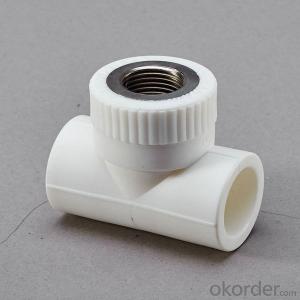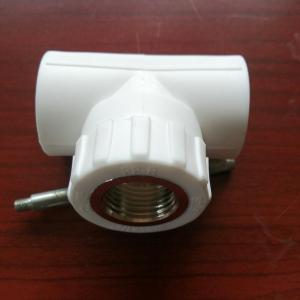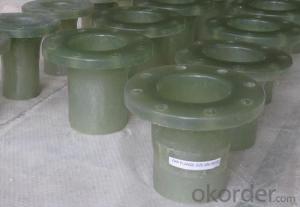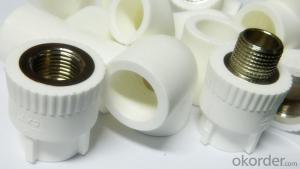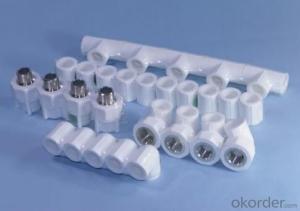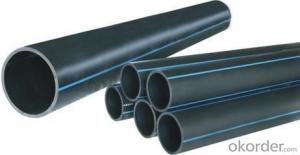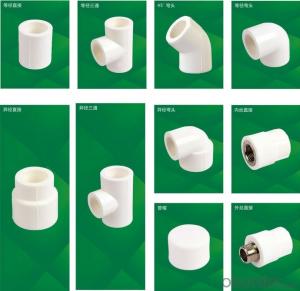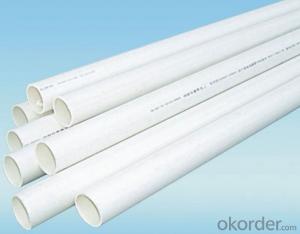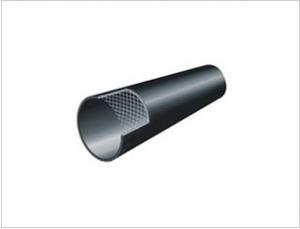PE Injection Cross Tee Welded Cross Tee Pipe Fittings for Pipeline System
- Loading Port:
- China main port
- Payment Terms:
- TT or LC
- Min Order Qty:
- 100 m
- Supply Capability:
- 10000 m/month
OKorder Service Pledge
OKorder Financial Service
You Might Also Like
PE Injection Cross Tee
Pressure grade: ≤1.6MPa
Size: DN63MM-DN355MM
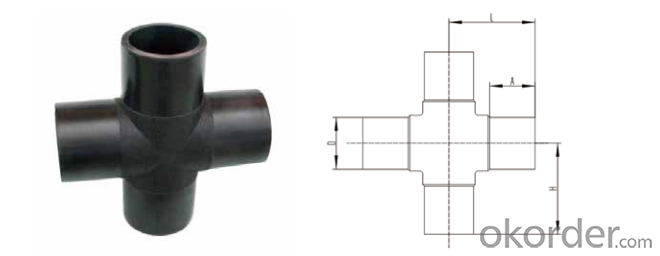
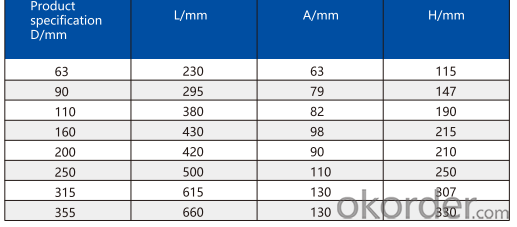
PE Welded Cross Tee
Pressure grade: ≤1.25MPa
Size: DN90MM-DN1000MM
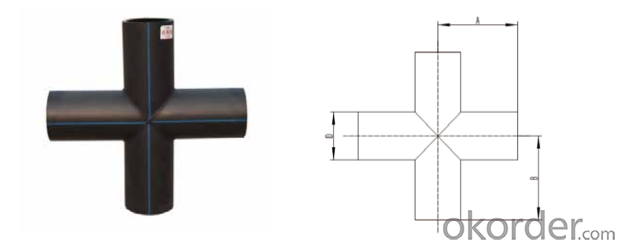
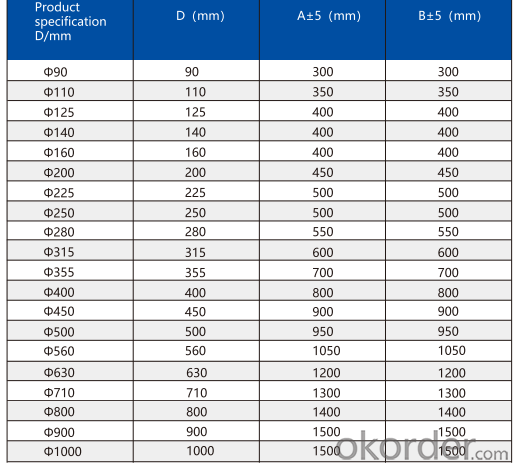
We own three industry bases for manufacturing pipes, fittings and new materials, including the biggest production line of steel wire reinforced PE composite pipe in the world, and top advanced PE pipe production line.
We get long term cooperation with leading material suppliers in the world and professionally provide the pipeline system solutions of matched products and technical cases by the whole industry chain from materials R&D to pipeline engineering installation.
- Q: Can plastic pipe fittings be used for swimming pool systems?
- Yes, plastic pipe fittings can be used for swimming pool systems. Plastic fittings are commonly used in pool systems due to their durability, resistance to corrosion and chemicals, and ease of installation. They are available in various sizes and types, such as PVC or CPVC fittings, which can effectively handle the water flow and pressure requirements of a swimming pool system.
- Q: Are plastic pipe fittings suitable for both residential and commercial applications?
- Yes, plastic pipe fittings are suitable for both residential and commercial applications. They are durable, cost-effective, and resistant to corrosion, making them a popular choice for plumbing systems in various settings. Additionally, plastic pipe fittings are easy to install, maintain, and offer a wide range of options to accommodate different needs and requirements.
- Q: Are plastic pipe fittings suitable for laboratory installations?
- Yes, plastic pipe fittings can be suitable for laboratory installations. They are commonly used in laboratories due to their corrosion resistance, chemical compatibility, and ease of installation. However, the suitability of plastic pipe fittings may vary depending on the specific requirements and chemicals involved in the laboratory setup. It is important to consider factors such as pressure ratings, temperature limitations, and the type of chemicals being transported before selecting plastic pipe fittings for laboratory installations.
- Q: Are plastic pipe fittings resistant to extreme temperatures?
- Yes, plastic pipe fittings are typically resistant to extreme temperatures. They can withstand both high and low temperatures, making them suitable for various applications.
- Q: Can plastic pipe fittings be recycled?
- Yes, plastic pipe fittings can generally be recycled. However, the ability to recycle them may vary depending on the type of plastic used and the recycling facilities available in your area. It is important to check with your local recycling program or facility to ensure they accept plastic pipe fittings for recycling.
- Q: Are plastic pipe fittings compatible with other materials like copper or steel?
- Yes, plastic pipe fittings can be compatible with other materials like copper or steel. However, it is important to ensure that the fittings are designed and rated for the specific application and that proper installation techniques are followed to ensure a secure and leak-free connection.
- Q: Can plastic pipe fittings be used in pressure washing systems?
- Yes, plastic pipe fittings can be used in pressure washing systems. Plastic fittings are commonly used in these systems due to their durability, resistance to corrosion, and affordability. However, it is important to ensure that the plastic fittings are designed to handle the specific pressure rating of the pressure washing system to avoid any potential leaks or failures.
- Q: Can plastic pipe fittings be used for waste disposal systems?
- Yes, plastic pipe fittings can be used for waste disposal systems. They are commonly used due to their durability, corrosion resistance, and ease of installation.
- Q: What is the difference between a grooved pipe and a lining pipe?
- A grooved pipe is a piece of pipe that is connected by a clamp, and refers to the way of connection.The lining pipe means that the pipe is lined with a layer of plastic.The groove pipe fittings can be lined with plastic pipe fittings, otherwise, the lining plastic pipe fittings can also be groove fittings.
- Q: Can plastic pipe fittings be used for rainwater harvesting systems?
- Yes, plastic pipe fittings can be used for rainwater harvesting systems. They are commonly used due to their durability, affordability, and resistance to corrosion. Plastic fittings can effectively connect pipes and components in a rainwater harvesting system, ensuring proper collection and distribution of rainwater.
Send your message to us
PE Injection Cross Tee Welded Cross Tee Pipe Fittings for Pipeline System
- Loading Port:
- China main port
- Payment Terms:
- TT or LC
- Min Order Qty:
- 100 m
- Supply Capability:
- 10000 m/month
OKorder Service Pledge
OKorder Financial Service
Similar products
Hot products
Hot Searches
Related keywords
